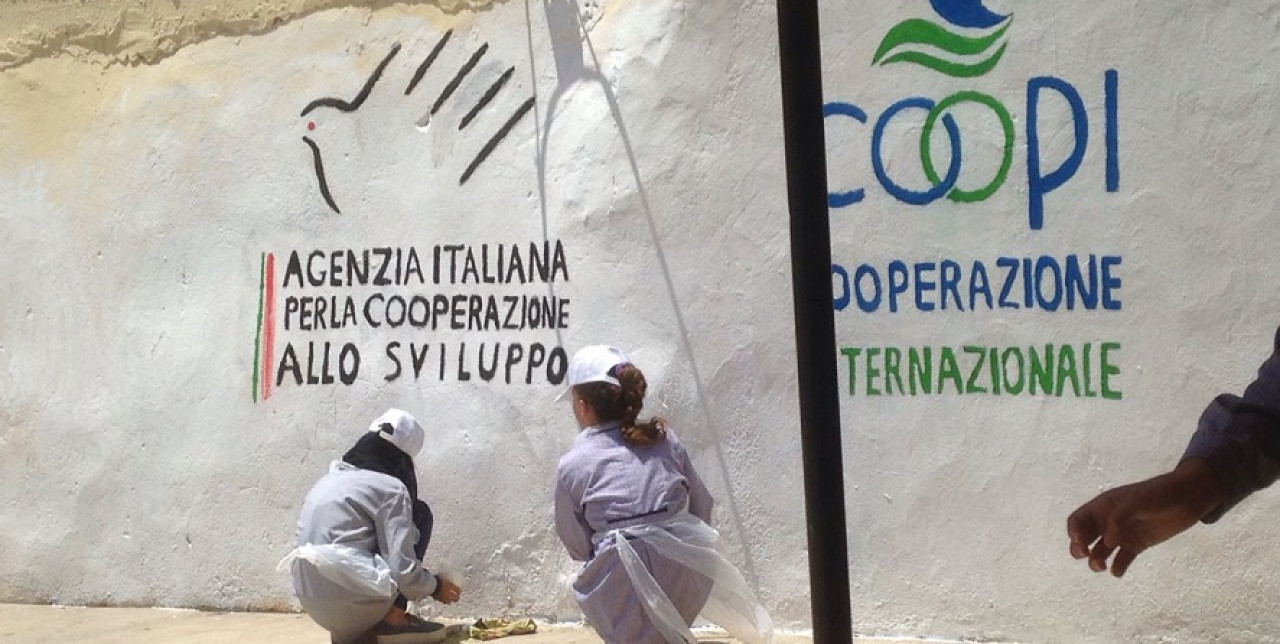07-06-2022 | di COOPI
Libya. Supporting municipalities in the provision of public services
Since 2022, COOPI - Cooperazione Internazionale, has been working in the capital to support the Municipality of Tripoli in the provision of public services, through the project "SDE - Social Dialogue for Environment", funded by the Italian Agency for Development Cooperation (AICS) in consortium with the Italian NGO CEFA.
The project aims to improve the delivery and quality of services to the population by providing Libyan municipalities with the necessary assistance and resources to improve the technical and administrative management of basic services. The objective is to facilitate access to services, especially for the most vulnerable groups of the population, by ameliorating their quality and inclusiveness. The project plans to increase the capacities and skills of local authorities, in coordination with both the central level and civil society organisations. At the same time, the project aims to strengthen the role of municipalities as interface bodies between the central government and the population, in order to foster the participation of civil society in the development and management of municipal services.
Specifically, the project will benefit a total of 73,400 people, both Libyans and other nationalities, in the municipality of Tripoli and the south-west of the country. As part of the intervention, the following will be implemented
- Municipal solid waste management plans in the municipalities of the south-west of the country;
- Small infrastructure works in support of the water, sewerage and waste management system;
- Training of 80 municipal technicians;
- Establishment of sectoral working groups composed of local authorities and civil society representatives.
The water network covers only part of the territory, and many municipalities face additional challenges, including poor water quality and absence of treatment facilities. As a result, only 30% of Libyan citizens have access to drinking water and a sewage system. In the municipality of Tripoli, there is a lack of resources and expertise to manage the sewage network, which is almost totally inactive. Public health and hygiene conditions are also jeopardised by the improper disposal of municipal solid waste, as many municipalities are not provided with an efficient system for its collection, removal and disposal.
Libya has witnessed an ongoing conflict for ten years, making it the most unstable country in the region and causing one of the most complex humanitarian emergencies in the world. Among its devastating consequences, this instability has led to the significant deterioration of the national infrastructures. The situation was further aggravated by the socio-economic impact of the Covid-19 pandemic, which undermined the capacity of local institutions to provide basic services to the population, particularly the most vulnerable groups.




 Libya
Libya